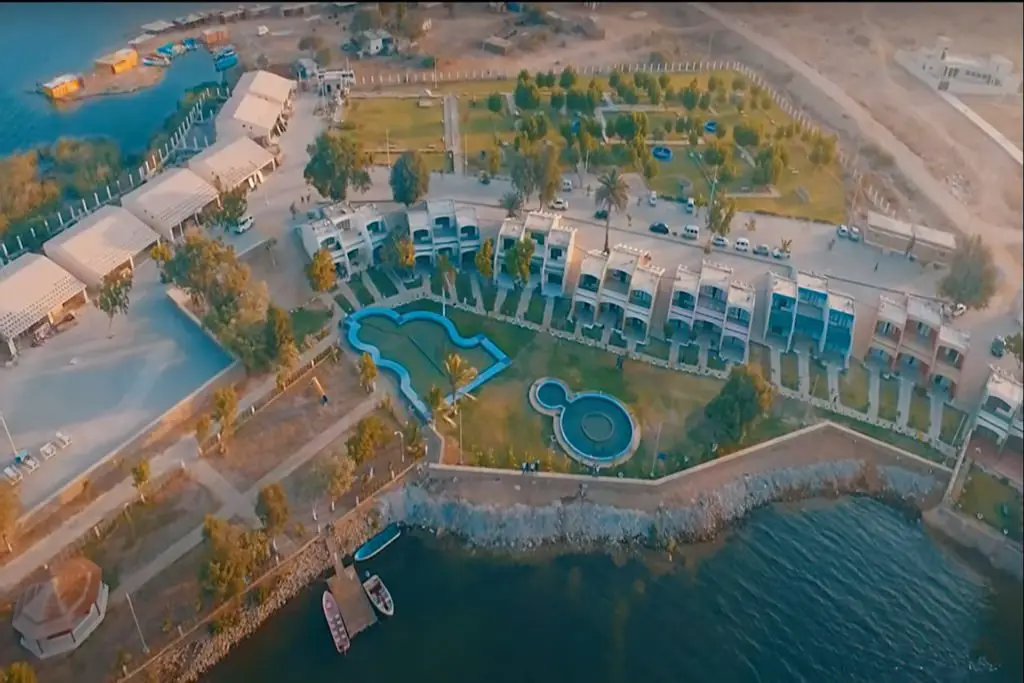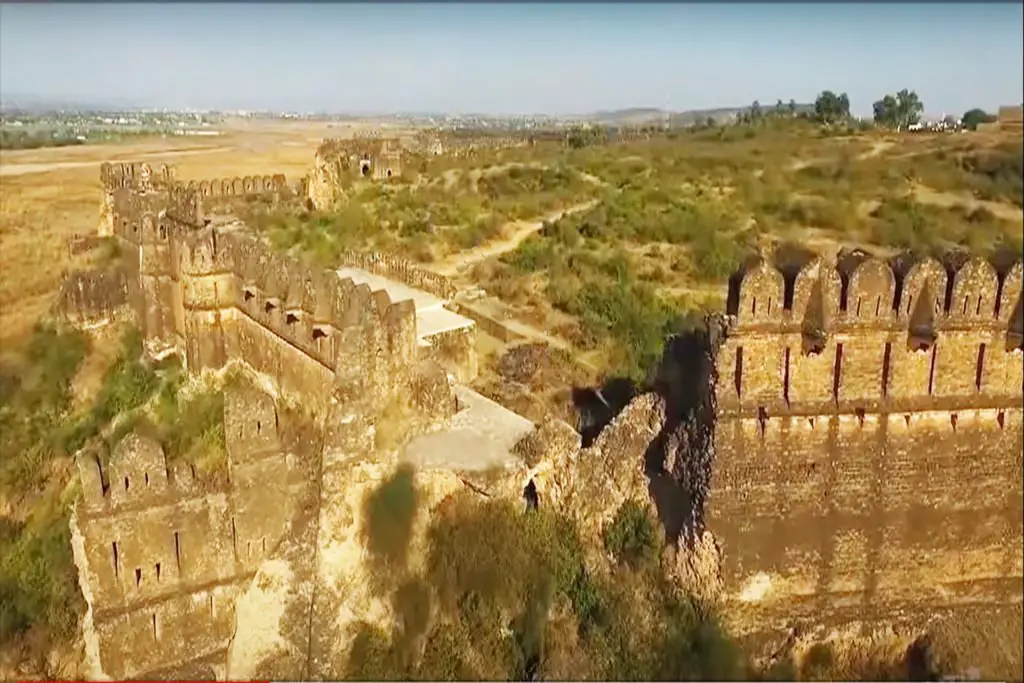Located within a large body of water, Poverty Island is a testament to the resilience of communities facing economic hardship. Although its name conjures images of poverty, the island has complex processes and opportunities that shape the lives of its inhabitants.
The Origins of Poverty Island:
The history of Poverty Island is concerned with economic, environmental and social issues. The island was originally inhabited by indigenous peoples on land and sea, but with the arrival of colonial power and the beginning of trade, the fortunes of the island changed. Economic exploitation, resource exploitation and environmental destruction have made it impossible for many residents to earn a living, which is why the island is called “poor”.
Challenges Faced by Residents:
Life on the island presents many difficulties for the poor. Limited access to education, health care and employment further increases poverty. Due to the lack of infrastructure and social services, residents face further hardships. Environmental disasters such as sea-level rise and natural disasters worsen the current situation, forcing many people into a cycle of poverty.
Community Resilience and Solidarity:
Despite these challenges, the island has shown remarkable resilience and solidarity in meeting the challenges of its poverty-stricken people. Community leaders, community organizations, and community organizations play an important role in serving and supporting the understanding of residents. Through collaboration and cooperation, people work together to solve complex problems, defend their rights, and create a better future for themselves and future generations.
Opportunities for Empowerment:
While poverty is still a problem and there is suffering on the island, there are signs of hope and brick-and-mortar support. Investments in economic diversification, sustainable development, and education and skills training promise to create new pathways out of poverty for people living there. Underdeveloped islands have the potential to lead the way to prosperity and health by harnessing local resources, traditional knowledge and innovative solutions.
Championing Social Justice:
Addressing the root causes of poverty on an island of poverty requires a multi-pronged approach to conflict resolution, promoting justice and empowering marginalized communities. Prioritizing policies to ensure equitable access to resources, promote economic growth, and protect the rights of vulnerable groups is critical to building sustainable justice and equity. By advocating for social justice and defending the rights of all residents, Poverty Island can come closer to realizing its full potential, prosperity and strength as a community.
Treasure Island bears not only its name but also the strength, unity and determination of its inhabitants. By tackling poverty, seizing opportunities for empowerment, and advocating for social justice, Poverty Island has the potential to transform itself into a beacon of hope and prosperity for all who call it home.






